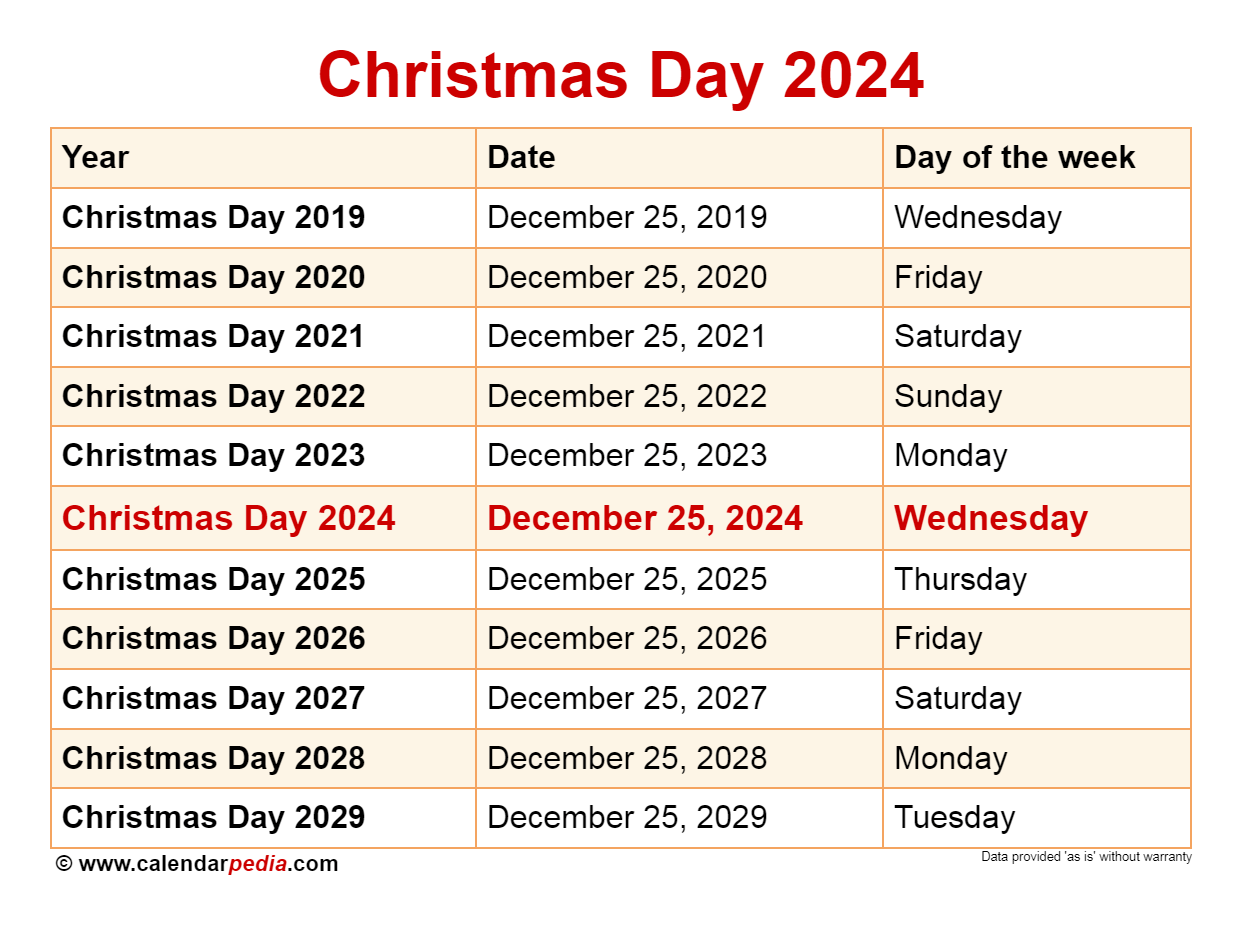
The holiday season is upon us, and with it comes a plethora of celebrations and festivities. As we count down the days to Christmas, let's take a look at some key universal Christmas dates that people around the world observe.
Christmas is a time for joy, giving, and spending time with loved ones. Whether you're a devout Christian or simply enjoy the festive atmosphere, Christmas is a holiday that brings people together. From decorating trees to exchanging gifts, the spirit of Christmas is all about kindness, generosity, and warmth.
Early Christmas Celebrations
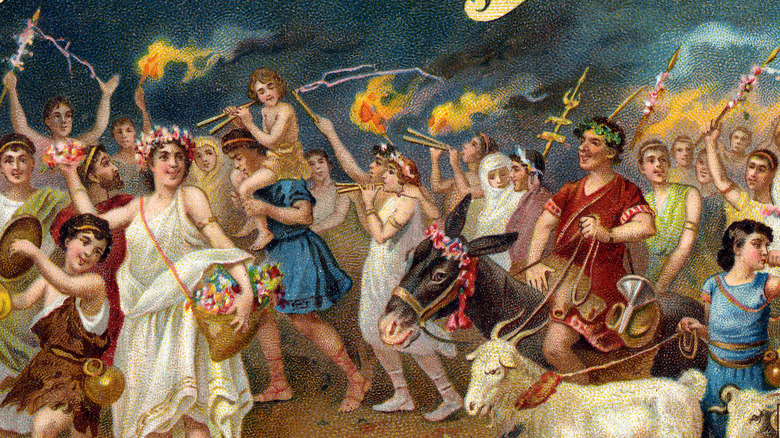
In the early days of Christianity, Christmas was not widely observed. However, as the faith spread throughout the world, Christmas became an integral part of Christian tradition. The early Christmas celebrations were marked by feasting, singing, and gift-giving.
December 6th: St. Nicholas Day
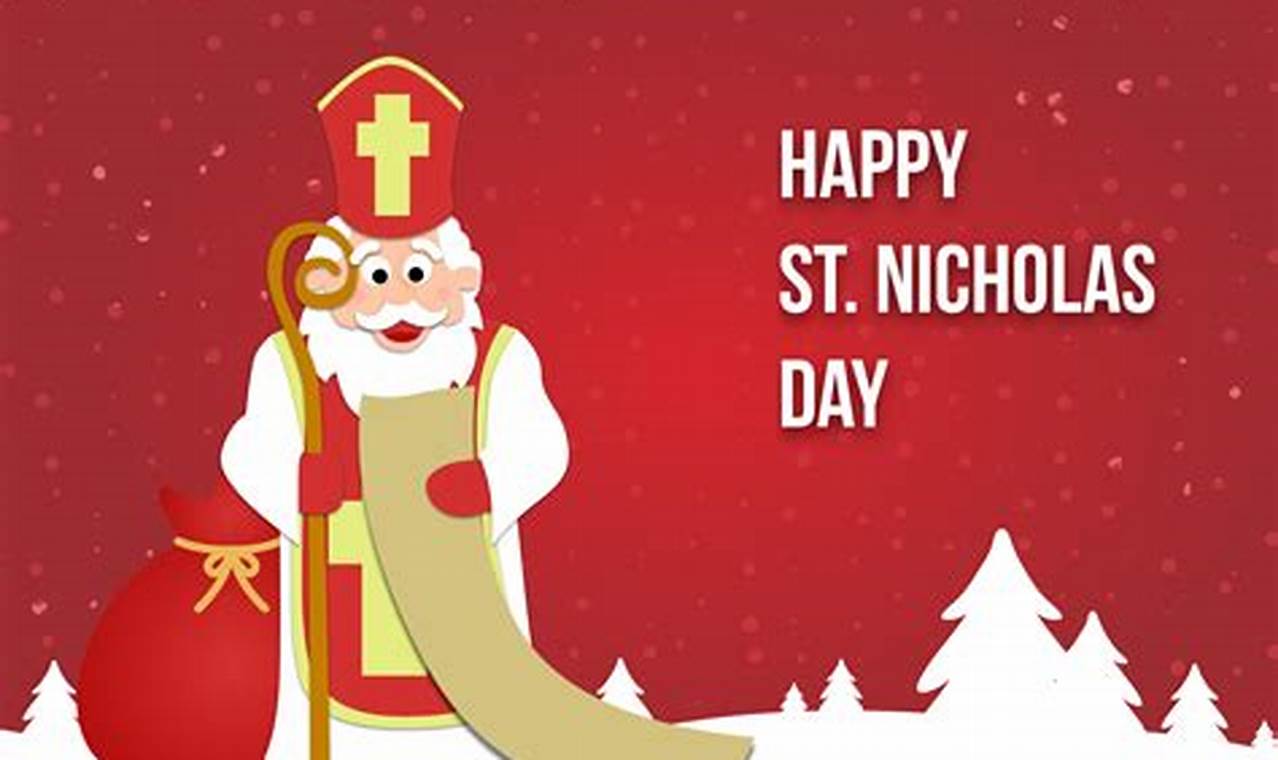
December 6th marks the feast day of St. Nicholas, a 4th-century bishop known for his generosity and kindness. In many European countries, children wake up on the morning of December 6th to find gifts and treats left by St. Nicholas.
Advent and the Christmas Season

The Christmas season officially begins on the first day of Advent, which falls on the Sunday closest to November 30th. Advent is a period of four Sundays that precede Christmas, and it's a time for Christians to prepare for the birth of Jesus Christ.
December 8th: The Feast of the Immaculate Conception
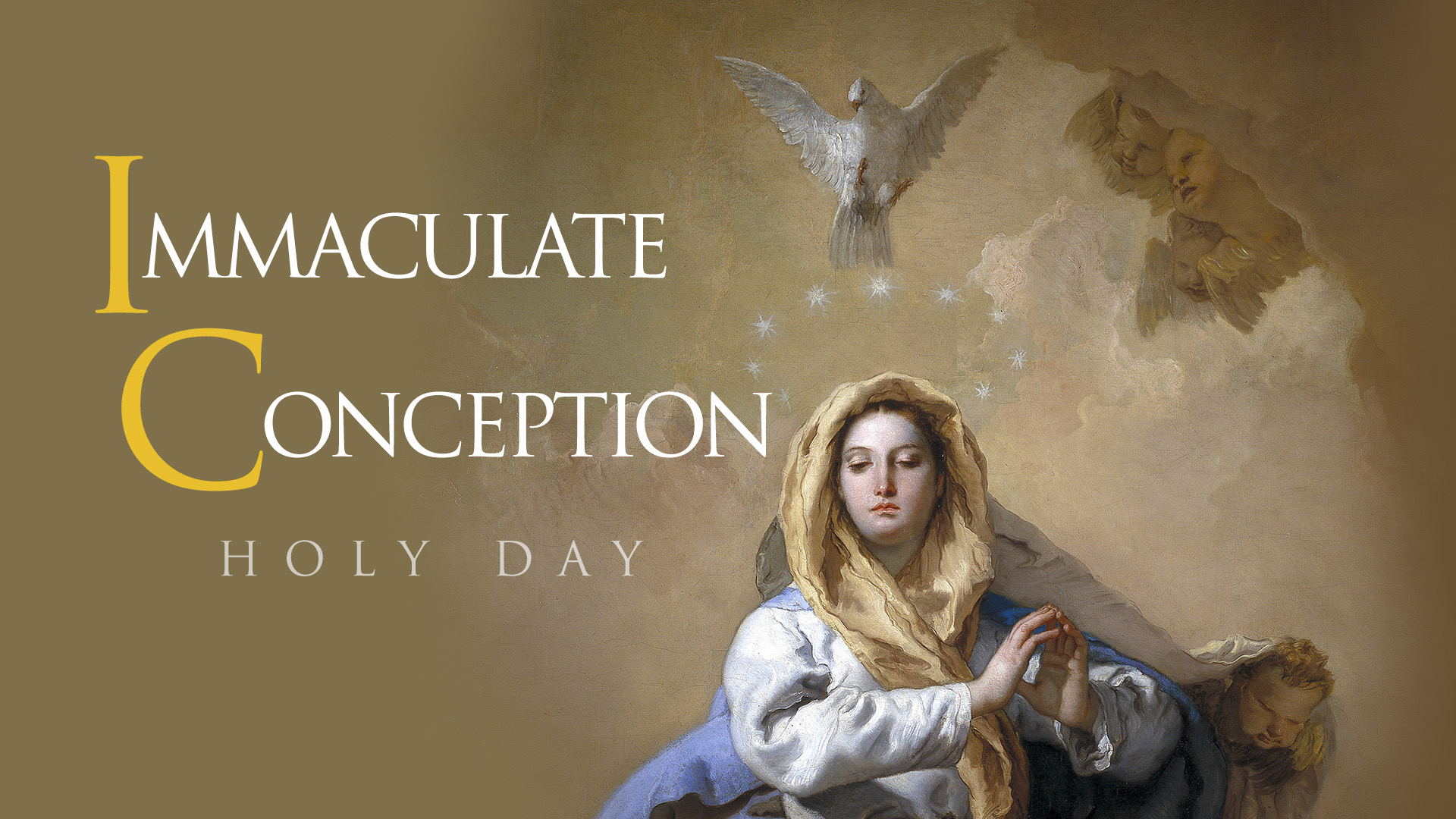
December 8th marks the Feast of the Immaculate Conception, a Catholic holiday that celebrates the conception of the Virgin Mary. This feast day is an important part of Catholic tradition and is observed by Catholics around the world.
Christmas Eve and Christmas Day

Christmas Eve and Christmas Day are the most widely observed Christmas dates. On Christmas Eve, families gather together to share a meal, exchange gifts, and attend church services. Christmas Day is a time for feasting, singing, and spending time with loved ones.
December 26th: Boxing Day

December 26th is Boxing Day, a public holiday in several countries, including the United Kingdom, Canada, and Australia. The origins of Boxing Day are unclear, but it's believed to have originated in the Middle Ages, when servants and tradesmen would receive gifts, known as "Christmas boxes," from their employers.
Epiphany and the End of the Christmas Season
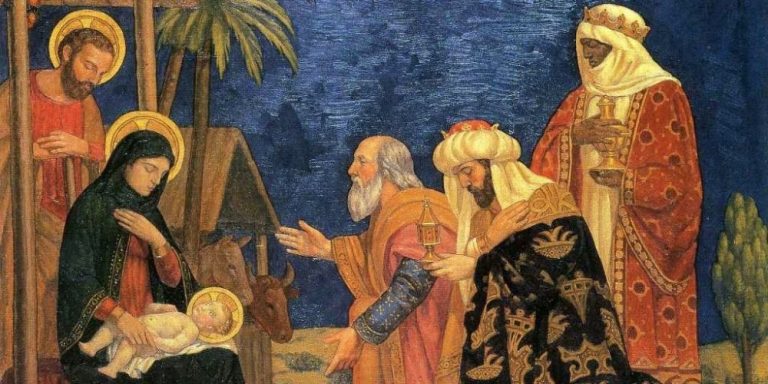
January 6th marks the Epiphany, a Christian holiday that celebrates the visit of the Magi to the baby Jesus. The Epiphany marks the end of the Christmas season, and it's a time for Christians to reflect on the significance of the Christmas story.
January 7th: Orthodox Christmas

January 7th is Orthodox Christmas, which is observed by Eastern Orthodox Christians. The date of Orthodox Christmas varies from year to year, but it's usually celebrated on January 7th.
In conclusion, the universal Christmas dates are an integral part of the holiday season. From St. Nicholas Day to Orthodox Christmas, each date has its own unique traditions and customs. Whether you're a devout Christian or simply enjoy the festive atmosphere, the Christmas season is a time for joy, giving, and spending time with loved ones.


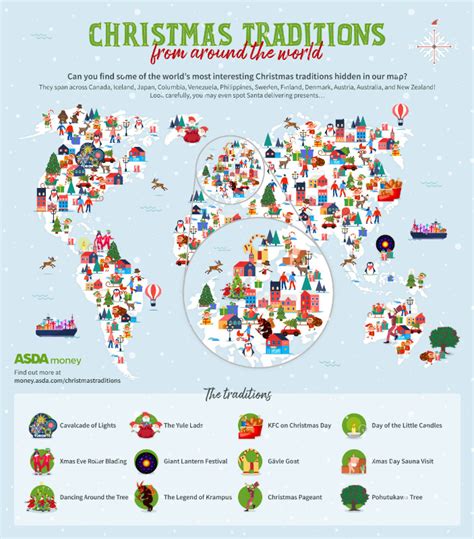

What is the significance of St. Nicholas Day?
+St. Nicholas Day is a feast day that celebrates the life and legacy of St. Nicholas, a 4th-century bishop known for his generosity and kindness.
What is the difference between Christmas Day and Boxing Day?
+Christmas Day is a holiday that commemorates the birth of Jesus Christ, while Boxing Day is a public holiday that originated in the Middle Ages, when servants and tradesmen would receive gifts, known as "Christmas boxes," from their employers.
What is the Epiphany?
+The Epiphany is a Christian holiday that celebrates the visit of the Magi to the baby Jesus. It marks the end of the Christmas season and is a time for Christians to reflect on the significance of the Christmas story.